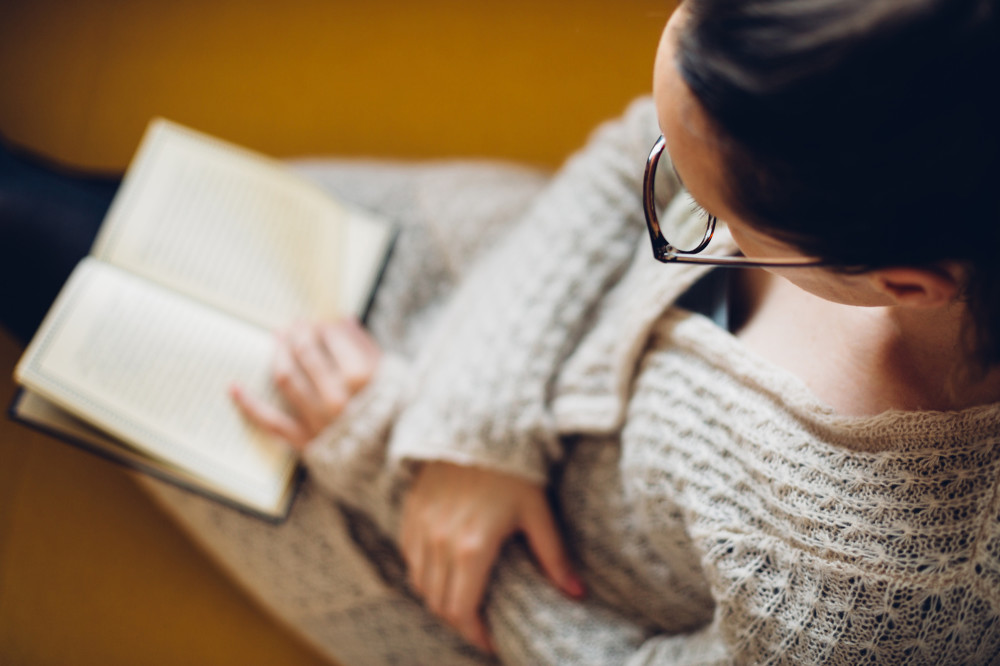By Dan Burdett
West Central Tribune, Willmar, Minn.
WWR Article Summary (tl;dr) Q&A with Julie Asmus, a guiding force in a unique Minnesota mentoring program for young women. The multi-year program pairs the girls with an adult female mentor. However Asmus says the girls really get to know all of the adult mentors. So in the end, it’s not just one adult they connect with. It becomes a network of women they know who support them and care about their success.
Willmar, Minn.
For more than two decades, Julie Asmus has been involved with the Willmar chapter of the Minnesota Business and Professional Women, specifically its mentoring program.
An avenue to help guide girls through those intermittently angst-laden pre-teen and teenage years, the program pairs the girls with an adult female mentor.
There are currently five active mentors in the program. The mentees remain in the program from grades 5-9.
Julie believes the experience can be life-changing for those involved and we wanted to find out why.
So we recently sat down with Julie to pick her brain on the virtues of mentorship and its lasting impact.
Here’s what she had to say:
Q: So please tell me a little about what you do.
A: Business and Professional Women is an organization of women who provide networking and education opportunities. We have a scholarship program. We’ve adopted a room at Safe Avenues (women’s shelter.) We recognize an employer and employee of the year. And we support legislation that centers on women’s issues. And then one of our programs is the mentoring of young girls.
Q: And how do you determine and achieve these mentoring goals?
A: We’re based around The Search Institute’s 40 developmental assets. They’ve determined 40 key areas as skills young people need to grow up healthy. And so much of it has to do with experiences and opportunities and relationships.
So as one example, every month we have a group activity with the girls and their mentors. It could be a fun activity or a civic activity. We also have one-on-one time with them. So with our activities we attempt to work on developmental assets that strengthen the girls and teach them to give back to others, but also how to work with others. We also focus on social competencies that simply help them learn how to socialize with other girls and adults.
Q: So, just to digress ever so slightly … are these young ladies at risk?
A: Well … no. Not really. You could say some of the girls are at-risk, but not in the traditional sense. Sometimes they come from single-parent homes. Sometimes they come from large families. Sometimes it could be a family that’s financially disadvantaged. We have child guides in the school system who identify kids they think would simply benefit from some individual time with an adult or from participating in activities they wouldn’t ordinarily have the opportunity to participate in.
Q: So what changes do you ultimately see in these young women from the time they begin the mentoring program to the time they end it?
A: Oh, I would say the biggest thing is the relationships they have with the adult mentors. Not only the one-on-one relationship they have with their individual mentor, but they really end up with a whole network of mentors. Over the three or four years they’re with the program, the girls really get to know all of the adult mentors. It’s not just one adult they connect with. It becomes a network of women they know support them and care about their success. That’s the biggest change I see.
Q: Obviously there’s more than a single element, but if you had to impart just one thing on these young ladies, what do you hope that is?
A: I would hope they value themselves. Our three main goals are: graduate from high school, don’t do drugs and don’t get pregnant. So, to me, if they value themselves — respect themselves — that encapsulates all of that. If they value themselves, they will graduate from high school because they want a better life. If they value themselves, they’ll find good relationships. So, yeah … just valuing themselves.
Q: So how do you hope these young ladies use the skills they learn with others?
A: I hope they understand they have the ability to pay it forward. One of our girls right now has a brother who is deployed to Kuwait, so we write cards and send care packages to him. It’s a way to give back. We want them to know the world is bigger than just us.














































































































































































































































































































































































